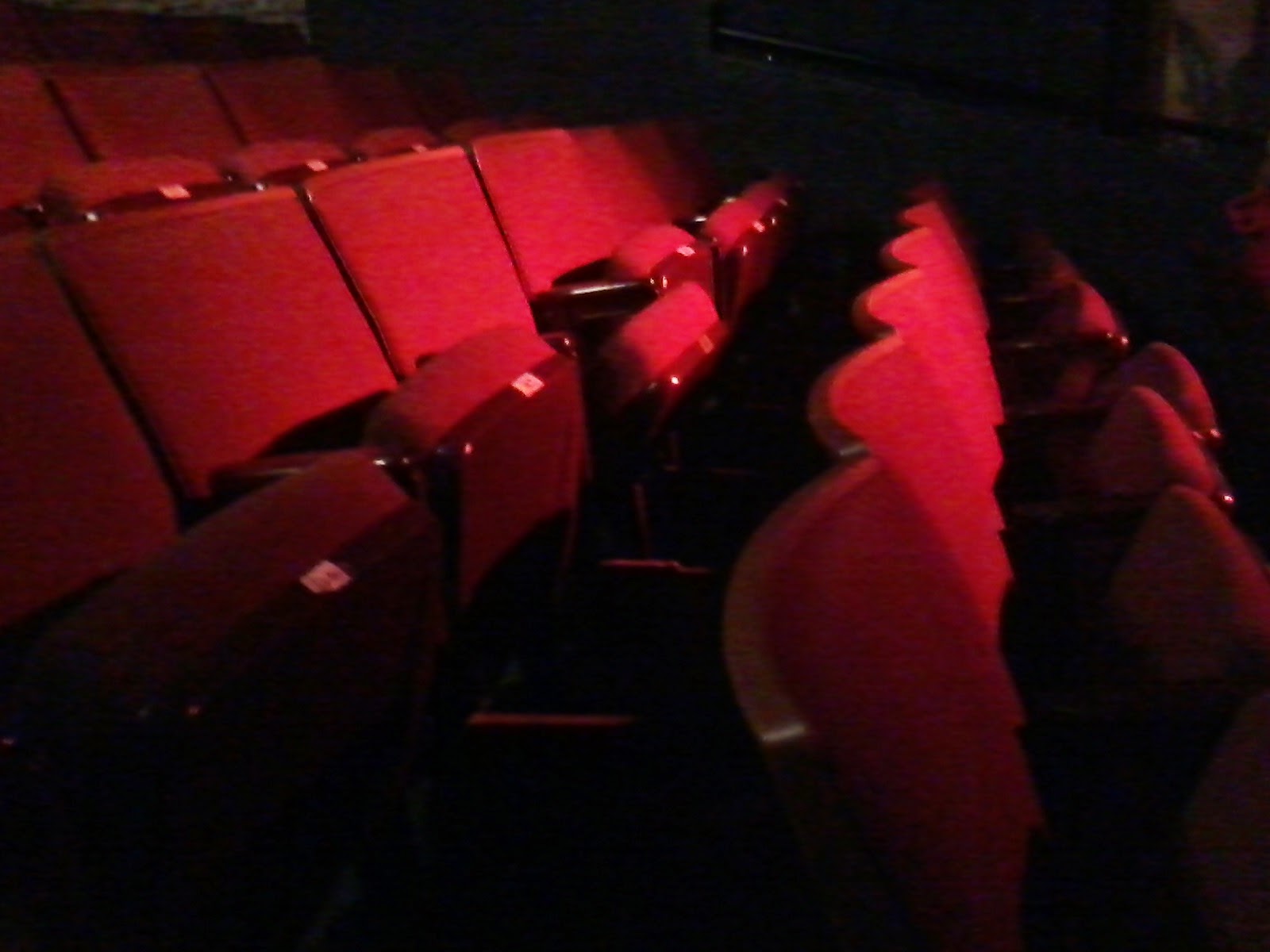Thus far, I have been working as a line
catcher for celery soup, reeling in the best stories in hopes of an exciting
tale. Usually I am collecting stories from locals in order to write them into a
future play. This week, I spent time line catching from the play actors
themselves.
This
past Saturday Touch and Go became the
first community production on the stage of the Dr. Philip’s Center in downtown
Orlando.
 In between their performances this Saturday, I had the opportunity to
ask the performers and stage crew questions. How did you get involved with
Celery Soup? What has been your favorite scene to perform or watch? What would
keep you from working with Celery Soup in the future? What do you hope
this play will teach the actors, the audience, the Sanford community? Several
of these conversations stayed brief and to the point because the speakers were
busy with their families, preparing for the show, or unwilling to share very
much. Fortunately others were very willing to talk and our conversations
brought about both laughter and tears.
In between their performances this Saturday, I had the opportunity to
ask the performers and stage crew questions. How did you get involved with
Celery Soup? What has been your favorite scene to perform or watch? What would
keep you from working with Celery Soup in the future? What do you hope
this play will teach the actors, the audience, the Sanford community? Several
of these conversations stayed brief and to the point because the speakers were
busy with their families, preparing for the show, or unwilling to share very
much. Fortunately others were very willing to talk and our conversations
brought about both laughter and tears.
I also got another perspective of the
stories when I talked to several audience members. They did not let me record
their interviews, but I did learn from them. Like many of the actors, they were
amazed and delighted the bonds between actors and stories despite the actors’
background, origins, or ethnicity. Like many actors they congratulated the play
at both promoting that and living it out.
Conducting these interviews will help
Celery Soup through the rigmarole of paperwork. But that is not all it will do.
Because of their testimonies I better understand what sorts of



